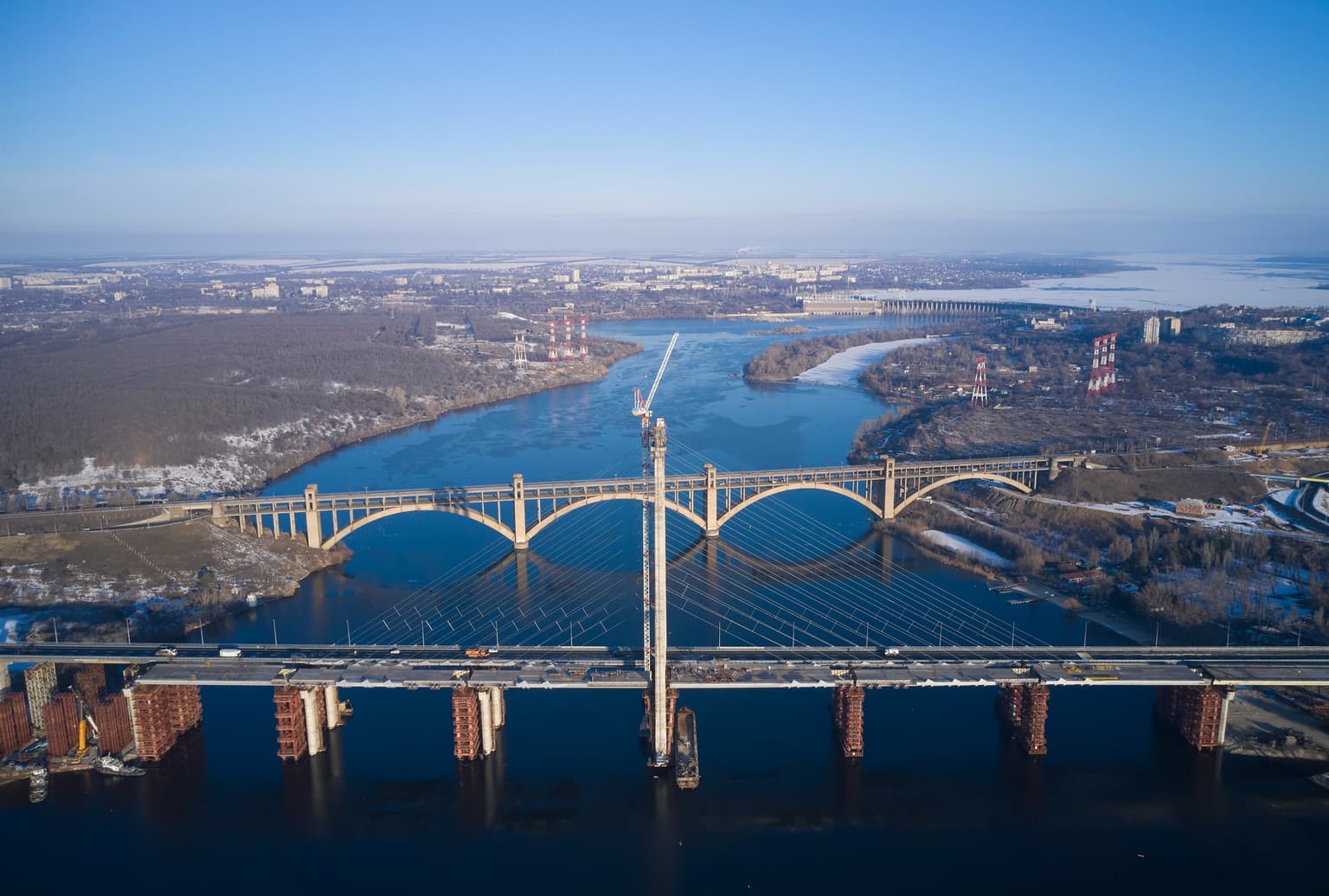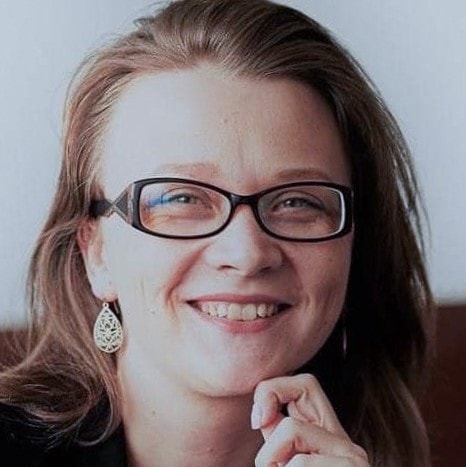Ukraine spends over $7 billion on road repairs in 2 years, plans to keep tempo going

Road repair in President Volodymyr Zelensky's Ukraine is an extremely lucrative business.
After the quality of Ukrainian roads fell to an all-time low, placing an abysmal 130th out of 137 in the World Economic Forum's 2018 ranking, comedian turned politician Zelensky, elected in 2019, made rebuilding infrastructure his top domestic priority.
Since the launch of the Big Construction program in March 2020, the government has spent $7.5 billion to rebuild over 9,200 kilometers, or 20% of all national highways, as well as some 300 bridges across the country.
Just four companies swallowed up 40% of all tenders or $3 billion, investigative publication Nashi Groshi reported on Jan. 24. These are the Odesa-based Avtomagistral-Pivden and Rostdorstroy, the Vinnytsia-based Avtostrada, and Turkish giant Onur.
The ambitious construction program has been criticized for using money that the government took from the Covid-19 relief fund, as well as possible corruption in the tenders.
For example, Avtomagistral-Pivden was the top tender winner, securing $1.5 billion. Businessman Oleksandr Boiko, who allegedly controls the company, is said to be linked to Zelensky's inner circle, Radio Free Europe/Radio Liberty previously reported.
Avtostrada, owned by 38-year-old businessman Maksym Shkil, won $650 million in tenders, putting the company in second place. A year prior, it was fifth. Over the past year, the company's tender victories jumped by 114%, making it the fastest grower.
Onur, which won contracts worth $640 million, stayed in third place. The most notable of Onur’s deals was a $440-million tender to finish a bridge in Zaporizhzhia, the construction of which began back in 2004 and eventually became notorious as a "monument to corruption."
The 660-meter cable-stayed bridge was finally opened on Jan. 22. It's the tallest bridge in the country, with 150-meter pylons, the height of a 50-story skyscraper.
According to the state road agency Ukravtodor, road repairs in four out of Ukraine's 24 oblasts – Ivano-Frankivsk, Ternopil, Vinnytsia and Poltava – have been fully completed.
In 2022, the government plans to spend even more on road repairs – nearly $5.2 billion.
“We will not slow down the pace,” said Prime Minister Denys Shmyhal in late December. “Each hryvnia invested in infrastructure projects generated three times higher incomes in other industries.”
Ukrainian economists have polar opinions on whether this statement is true, partly true or false.










